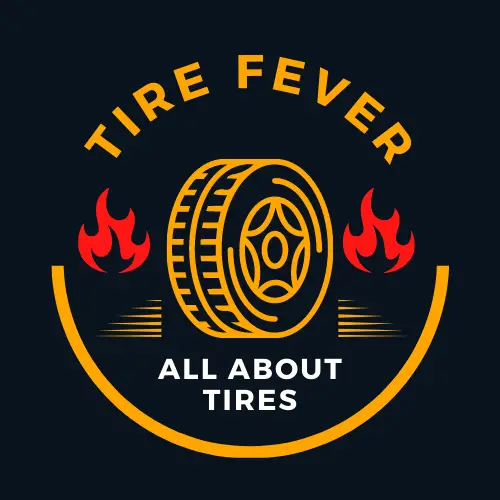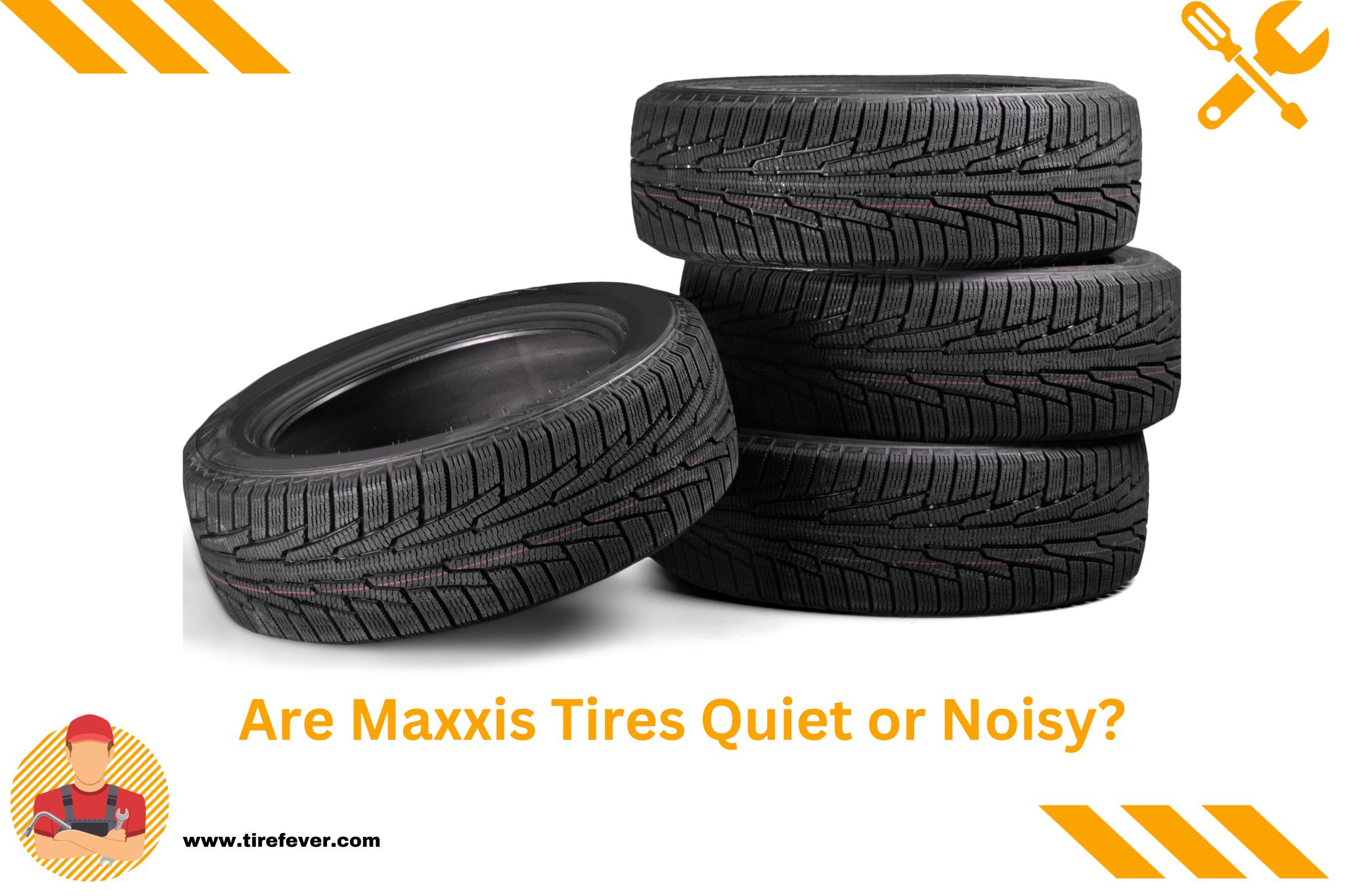Are Maxxis tires the quiet companions we all long for on our daily commutes, or do they leave us with a constant hum that grates on our nerves? This is a question that many drivers find themselves pondering when considering these popular tire options. While some may argue that noise levels are subjective and depend on various factors, such as road conditions and vehicle type, it is worth exploring the general consensus and experiences of Maxxis tire users. By delving into the characteristics, design, and customer feedback, we can gain a better understanding of whether Maxxis tires truly live up to their reputation as a silent ride.
When it comes to tire selection, noise is a significant factor that can greatly impact our driving experience. The last thing we want is to be constantly bombarded by a cacophony of tire noise, drowning out our favorite tunes or peaceful moments of solitude. Maxxis, a well-known tire brand, offers a wide range of options for different vehicles and driving needs. But what do drivers have to say about the noise levels of Maxxis tires? Are they whisper-quiet, allowing for a serene journey, or do they emit an unwelcome symphony of noise that disrupts the tranquility of the ride? Let’s dive deeper into the world of Maxxis tires and uncover the truth behind their reputation for noise, or lack thereof.
Are Maxxis Tires Quiet or Noisy?
When it comes to buying new tires a lot of factors come into play. One big one is tire noise. This is a crucial aspect that most drivers can’t ignore as they embark on their tire-searching journey.
So, are Maxxis tires quiet or noisy? Maxxis tires are generally quiet, providing a smooth and comfortable ride with minimal noise.
In a hurry here are our top 6 tire recommendations:
- Best Budget Tires
- Best Mid-Range Tires
- Best All-Season Tires
- Best Summer Tires
- Best Winter Tires
- Best Performance Tires
Understanding Tire Noise
Tire noise refers to the sound produced by the tires as they roll on the road surface. It is an important aspect of vehicle performance and can significantly impact the comfort and overall driving experience.
Understanding tire noise involves recognizing the different types of noises and their causes. One common type of tire noise is known as tread pattern noise, which is generated by the interaction between the tire tread and the road surface.
This noise can vary depending on the design and depth of the tire tread, as well as the road conditions. Another type of tire noise is known as tire whine, which is typically caused by uneven wear or misalignment of the tires. This noise can be more noticeable at higher speeds and may indicate the need for tire rotation or alignment.
To understand tire noise, it is important to consider the factors that contribute to its generation. One such factor is tire design, including the tread pattern and the materials used. Different tread patterns can produce varying levels of noise, with more aggressive patterns generally generating more noise.
Road conditions also play a significant role in tire noise, as rough or uneven surfaces can amplify the sound. Finally, tire maintenance and proper inflation are crucial in reducing tire noise. Underinflated or overinflated tires can lead to increased noise levels, as well as uneven wear, which can further contribute to tire noise.
Also Read: goodyear wrangler vs michelin ltx at2
Factors Influencing Tire Noise
There are a number of factors influencing tire noise. These include:
Tread pattern:
The design and arrangement of the tread pattern on a tire greatly affects the amount of noise it produces. Tires with aggressive tread patterns, such as those found on off-road or winter tires, tend to generate more noise compared to tires with smoother and less aggressive tread patterns.
Tire compound:
The type of rubber compound used in a tire can also impact its noise level. Softer rubber compounds, often used in high-performance tires, tend to generate more noise as they grip the road surface more aggressively, resulting in increased friction and noise.
On the other hand, harder rubber compounds, commonly used in all-season or touring tires, can provide a quieter ride.
Tire size:
The size of the tire, particularly the width and aspect ratio, can influence the amount of noise it produces. Wider tires generally produce more noise compared to narrower ones, as the wider contact patch creates more friction and consequently more noise.
Additionally, tires with a lower aspect ratio (shorter sidewalls) may generate more noise due to reduced cushioning and increased rigidity.
Tire age and wear:
As tires age and wear down, they tend to produce more noise. This is because the tread becomes shallower, reducing the tire’s ability to absorb road vibrations and noise. Additionally, worn-out tires may develop irregular wear patterns, leading to increased noise levels.
Other factors influencing tire noise include road surface conditions, vehicle speed, and air pressure in the tires. It’s important to consider these factors when selecting tires, as noise levels can greatly impact the overall comfort and driving experience.
You May Also Like: Maxxis Tire Chunking
Are Maxxis Tires More Quiet Than Other Brands?
Yes, Maxxis tires are generally quieter than other brands due to their advanced tread design and noise-reducing technologies. These features help to minimize road noise and provide a more comfortable and peaceful driving experience.
Maxxis tires utilize innovative tread patterns and specialized rubber compounds that effectively reduce noise levels, resulting in a quieter ride compared to other tire brands. Additionally, Maxxis invests in research and development to continuously improve their tire technology, ensuring that their products deliver optimal performance and noise reduction.
Are Maxxis Tires More Noisy Than Other Brands?
Maxxis tires are not necessarily more noisy than other brands. The noise level of a tire depends on various factors such as tread pattern, tire design, and road conditions. While some Maxxis tire models may produce more noise than others, it is not accurate to generalize that all Maxxis tires are noisier than other brands.
The noise level of a tire can be influenced by factors such as the type of rubber used, the tread design, and the road surface. Maxxis offers a wide range of tire models with different tread patterns and designs, some of which are specifically designed to reduce noise. Additionally, road conditions play a significant role in tire noise, as rough or uneven surfaces can amplify noise regardless of the tire brand. Therefore, it is important to consider specific tire models and their features rather than making a blanket statement about the noise level of Maxxis tires compared to other brands.
What Maxxis Tires are the Quietest?
When it comes to finding the quietest Maxxis tires, there are a few options worth considering. Here are three key tire models known for their quiet performance:
- Maxxis Bravo HP-M3: Offers low road noise and excellent traction on both wet and dry surfaces.
- Maxxis Victra MA-Z4S: Provides a quiet ride with exceptional handling and grip in various weather conditions.
- Maxxis Premitra HP5: Known for its reduced noise levels and superior comfort, while also delivering excellent performance on the road.
These Maxxis tire models offer a balance between quietness and performance, making them suitable choices for drivers seeking a smooth and quiet driving experience.
What Maxxis Tires are the Noisiest?
When it comes to choosing tires, noise can be a significant factor to consider. Maxxis, a popular tire brand, offers a range of options with varying noise levels. Here are some Maxxis tires that are known to be noisier than others:
- Maxxis Bravo Series: These tires are known for their aggressive tread pattern, which can result in increased road noise.
- Maxxis MT-762 Bighorn: This off-road tire is designed for rugged terrains, but its aggressive tread can generate more noise on regular roads.
- Maxxis MA-P1: While offering good performance, these tires can produce more noise due to their tread design.
It’s important to note that noise levels can also vary based on factors such as road conditions and vehicle type. Ultimately, it’s recommended to read reviews and consider your specific needs before making a tire selection.
Maxxis Tires Aproach to Noise Reduction
Maxxis Tires has implemented a commendable approach to noise reduction in their products. Here are a few key points highlighting their efforts:
- Advanced tread pattern design reduces road noise, providing a quieter driving experience.
- Innovative rubber compound minimizes tire vibrations, resulting in reduced noise levels.
- Strategically placed grooves and sipes help to channel water away, enhancing wet traction and reducing noise.
- Extensive research and development ensure that noise reduction does not compromise tire performance or handling.
- Maxxis Tires’ commitment to noise reduction contributes to a more comfortable and enjoyable driving environment.
In summary, Maxxis Tires’ approach to noise reduction combines innovative design, advanced materials, and thorough testing to deliver a quieter and smoother ride.
Related: Are Mickey Thompson Tires Quiet or Noisy?
Conclusion
Maxxis tires are generally known for their quiet performance, thanks to their advanced tread design and noise-reducing technologies. They utilize innovative tread patterns and specialized rubber compounds to effectively minimize road noise and provide a comfortable driving experience. While some Maxxis tire models may produce more noise than others, overall, Maxxis tires offer a balance between quietness and performance. It is important to consider specific tire models and their features when choosing the quietest option.
This post contains affiliate links. Read the full disclosure here.


I am passionate about all things automotive and have a deep understanding of the topic. As a mechanic, I use my free time to share knowledge of everyday challenges that any car owner can experience – helping you make informed decisions about tires.

